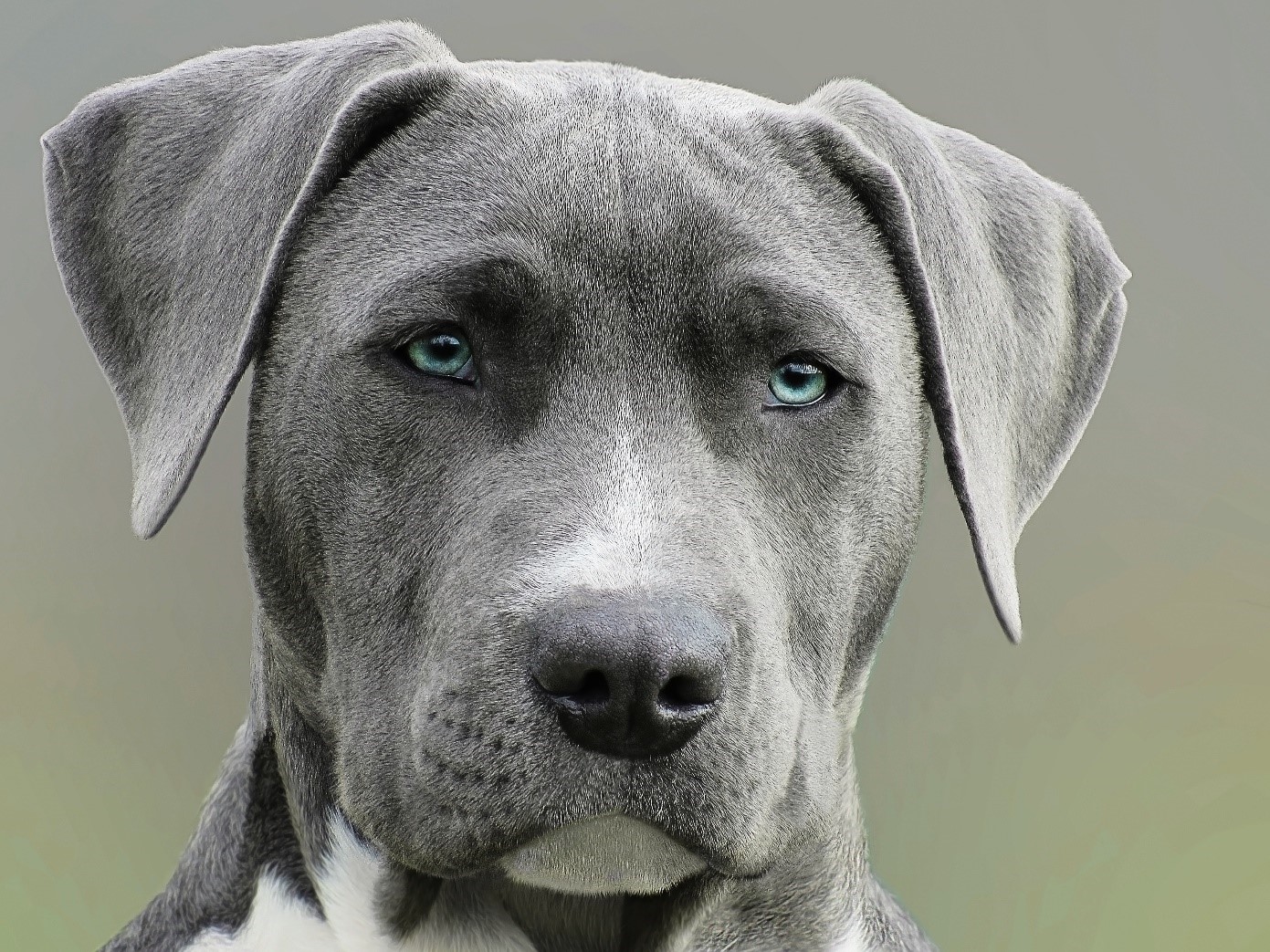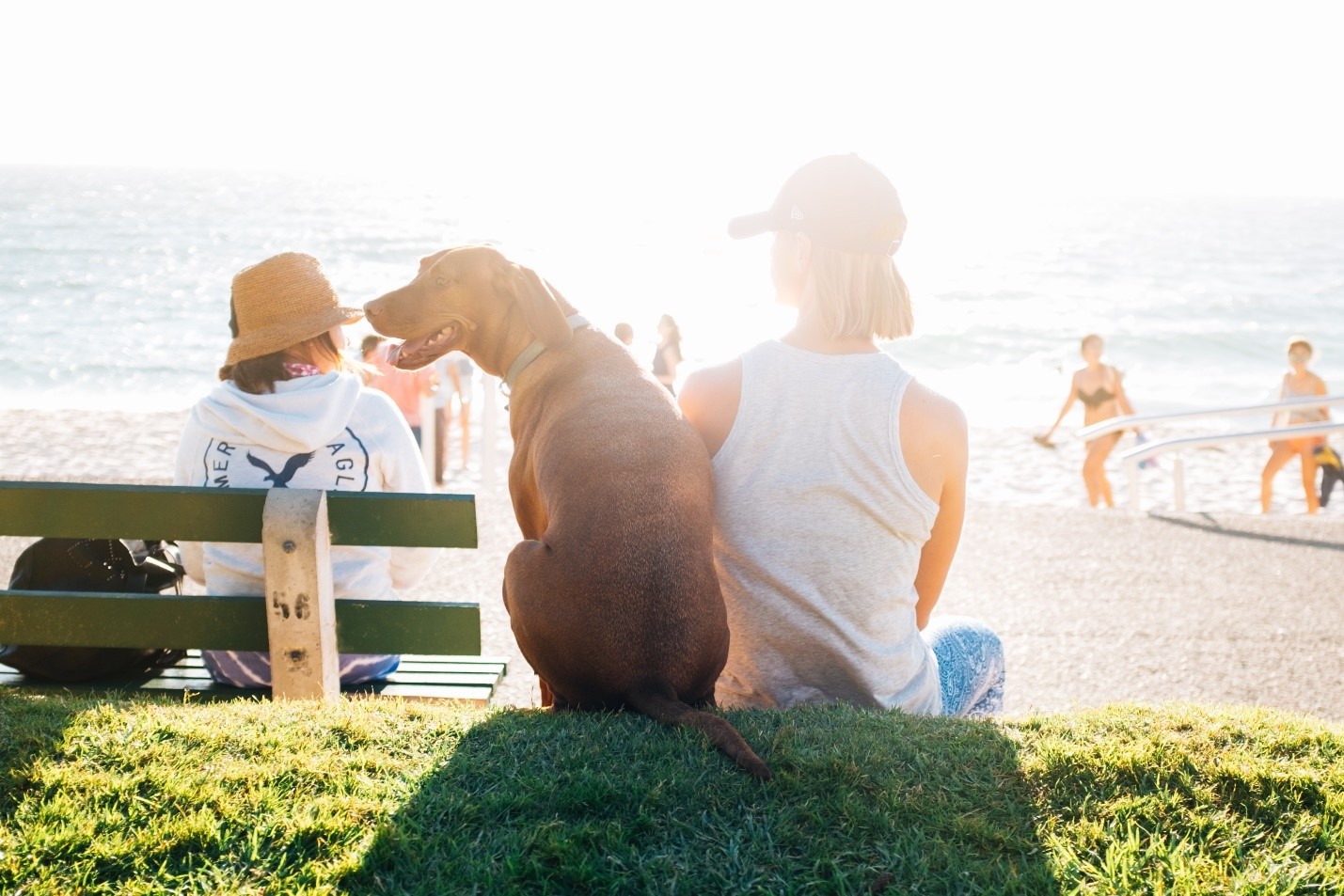Photo by Alvin Balemesa on Unsplash
I Dead Dogs.
Before you run scared, let me clarify. We’re not talking about spending my nights camped out in a dog cemetery. What I mean is that I know the devastation and pain that comes with the death of a pet. This statement is about our continuing to love dogs after their death.
If you’ve lost a pet, you understand the pain of loosing a friend that has loved you unconditionally. You know how difficult it has been to move forward. You wonder if your pet knew how much you loved them, or you feel guilty about a decision made or a lack of time spent with your pet. These are natural feelings. In her article “Grieving the Loss of a Pet,” Psychologist Julie Axelrod points out that our grief can be made more complicated due to guilt, euthanasia, circumstances surrounding the loss, expectations that the pain will end at a certain time, reawakening of an old loss or resistance to mourning.
In my work, I’ve come into contact with people who were absolutely unprepared for their pet’s crossing over, and those who remain stuck in their grief. I’ve shared in sessions with those who have dealt with a sorrow so strong that it feels like a loss from years ago happened just yesterday. As animal owners, past and present, this pain of inevitable loss is our bond. It is also what led me to become an animal communicator.

Photo by Alexandru Rotariu on Unsplash
Vegas was my Weimaraner of twelve years. She had those floppy hunter ears, a nubby tail and a beautiful silver platinum coat. When she would cuddle next to me, I felt as though she could see my soul. Though I knew about unconditional love, she taught me what it was on the deepest level. As she got older, I began to fear “the end.” For years, I worried about how I would deal with her death. With a sense of desperation driving me, I accumulated books and YouTube videos in hopes of somehow preparing myself. After losing my mother when I was eight, I had become more preoccupied with death than the average person.
When Vegas was twelve, she got sick. The end had come…and to make matters worse, we had to euthanize her because she couldn’t make it another day. What I thought would be the worst thing I could do, ended up being one of the most beautiful experiences of my life. I was able to be there with Vegas for her last moments. As I held her, she died a graceful death, very true to her personality.
When she died, I couldn’t find any of the books or videos I had gathered up. She was gone, and my heart was broken. Soon after, I began to ask myself painful questions. Should I have caught her illness sooner? Is she wondering what happened? Does she know I would have done anything possible to save her? It was then that I heard someone speaking about losing their child. They talked about focusing not on the physical loss and separation of the person who has passed, but rather on the good memories that help in understanding that there is no real death and separation. They explained how pain comes from a belief that our loved ones are no longer with us and are gone forever. What they said made sense, so I took their advice. While I cried many times thereafter, it was no longer from a place of devastation.
As life carried on, I still needed proof that she was okay. Calling an Animal Communicator lead me to find someone who could pick up on Vegas’s quirky habits, personality and things she used to do. When they told me that she was indeed okay and still around, I trusted them. I’ll never forget the feeling of peace that came over me. Any “coulda,” “shoulda” or “woulda” feelings – the regrets and doubts about whether I was the perfect pet parent – disappeared. The experience was so powerful that it led me to want to give to others what this communicator had gifted to me.
We are taught to fear death, and it is difficult to heal our pain in the presence of fear. We do everything and anything possible to keep our pets alive, and to try and keep those that have passed alive in some way. I’m here to tell you that death is not the end, it’s a continuation. The relationship that you shared with your pets while they were alive can go on. As an Animal Communicator, the best situations I can support are those where there is an opportunity for healing – the ones where we feel the most pain. Having lost my mother and my pets, I know the depths of despair. Animal communication is about helping you rise from the depths, as you remember and connect with the unconditional love of your pet.
While it is difficult to be ready for the inevitability of death, there are some things that you can do to prepare and help yourself move through the grief after your pet has passed on:
-
- Take more pictures/videos and keep a journal – Capture the best memories that you’ve shared with your pet. It may take time to go back and look at this after they have passed, though you’ll have these memories to treasure. I still treasure the 5-minute video I have of Vegas sleeping.
- Live by the rule, “If this is the last day…” – If this is the last day you have together, how would you treat your dog? What would you tell them? Letting your pets know how we feel contributes to your mutual-healing and the strength of your relationship. Make the most of the time you have now, and never forget how short their lives are.
- Think about how your dog feels – Most people only think about how much we love our dogs, if we did enough for them, if we did the right things. We don’t think of things from the dog’s perspective. Thinking about how much our dog loves us and what they feel/felt in our time together creates a very healing feeling.
- Don’t be too hard on yourself, because your pet isn’t – This is a rule we need to live by every day, not solely at the time of our pet’s passing. Remember that our pets know only unconditional love and are here to teach us that. Forgive yourself for not always making the right decisions.
- Redefine Your Relationship – When your pet has passed, allow yourself to sit and miss them – all of the beautiful and quirky things about them. Remember the cuteness of their ears, the funny way they begged for food or the special shape of their tail. If you begin to spiral into the depths of sadness, remember the way your pet loved you, and how protective they were. Tune into that deeper awareness that your pet is still with you, only in a different form. If it feels right for you, embrace the idea that you will be reunited again one day, and how joyful that will be.
The greatest causes of our grief are often regret and fear – the “coulda, shoulda, woulda.” Do it today to not regret it tomorrow. If it is too late to reverse your regret, volunteer to help dogs. Work at a shelter, collect blankets for the winter, cut old carpet into square for dog crates, hold a fundraiser and use the proceeds to spay and neuter – do anything that supports other dogs.
In speaking regularly with pets who have passed on, I can reassure you that your pets only have positive things to say, about you and about their life. Never is there a complaint about bad choices, lack of food or longing for love. In my experience, there is no exception to this rule. This is why I want to walk around in a crowded room with a shirt that says “I Dead Dogs.” It’s a conversation starter and a statement to ease the pain around death. I want to help others see the continuation of our relationship with our pet. I want to help connect to a high vibration of love – one that makes us feel better, so that we can better honor the memory of our pets.
Reneé


Amazing. Thank you